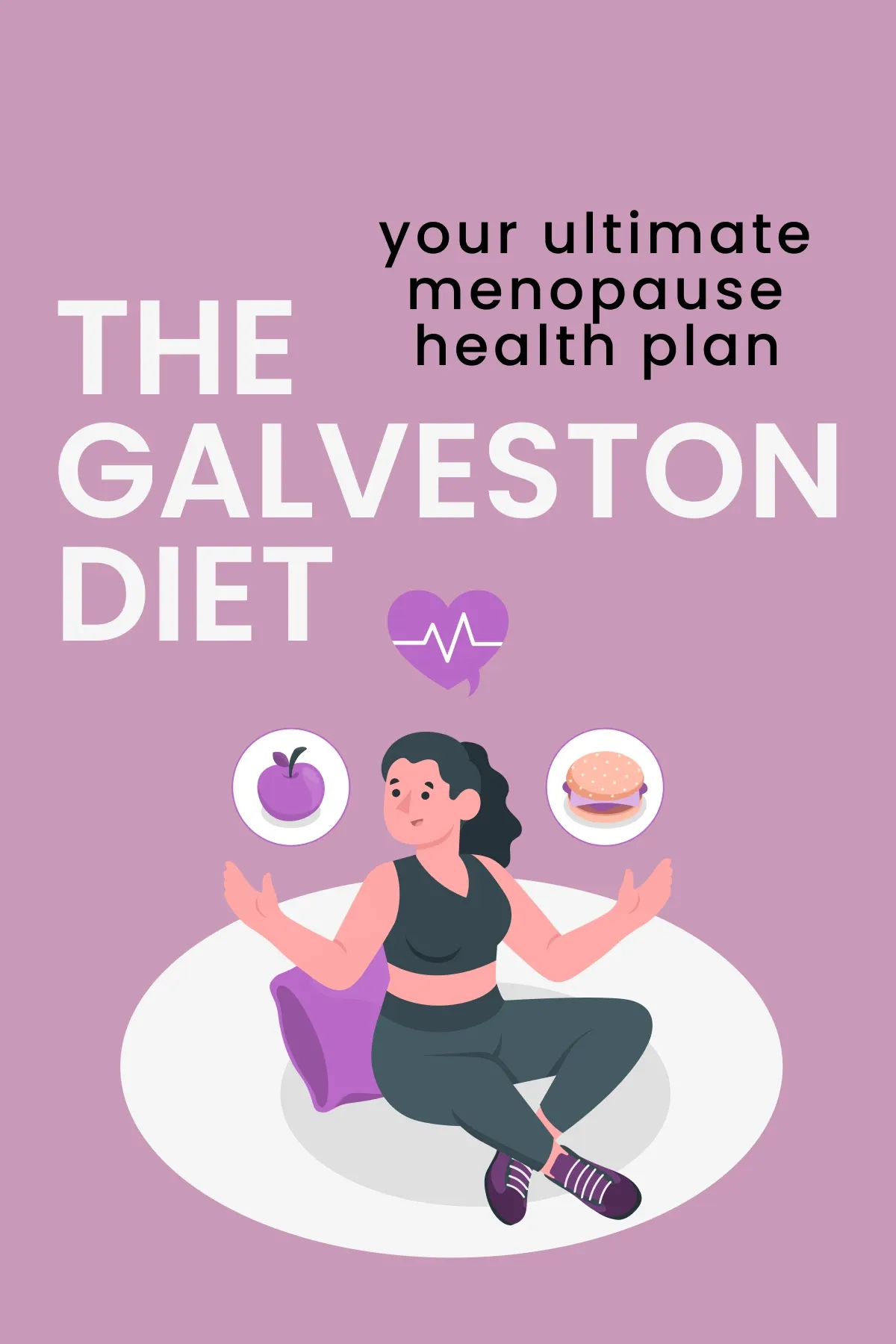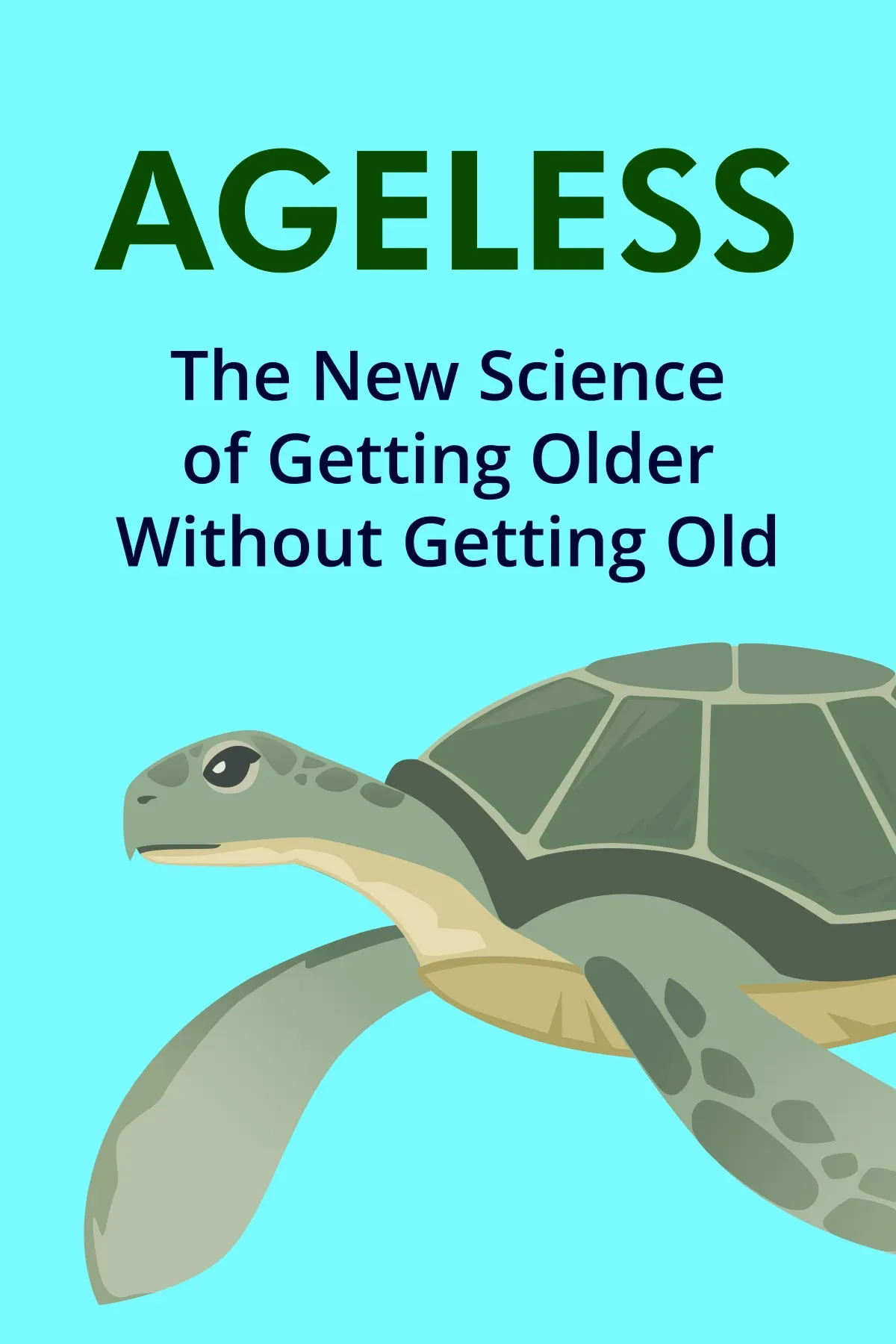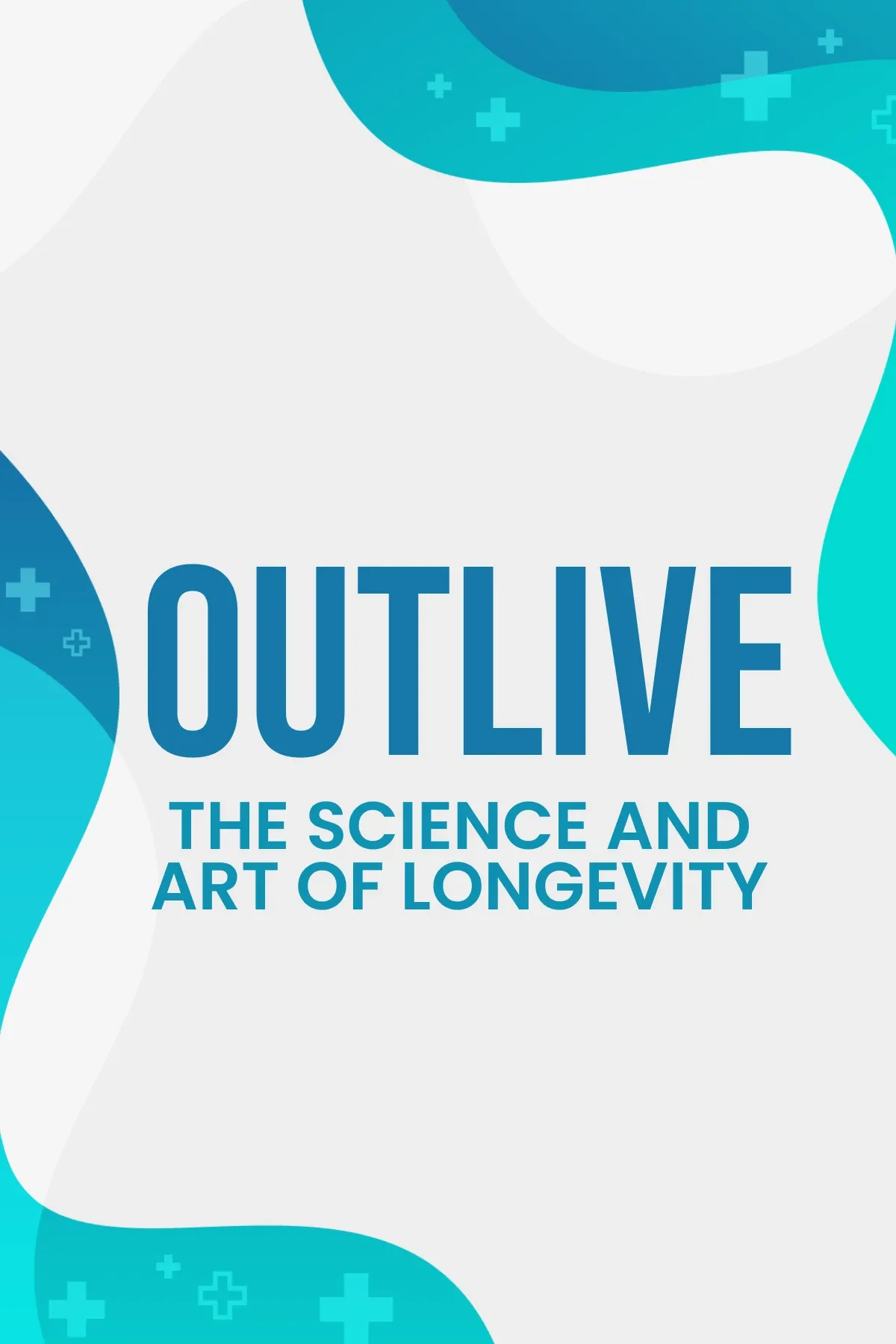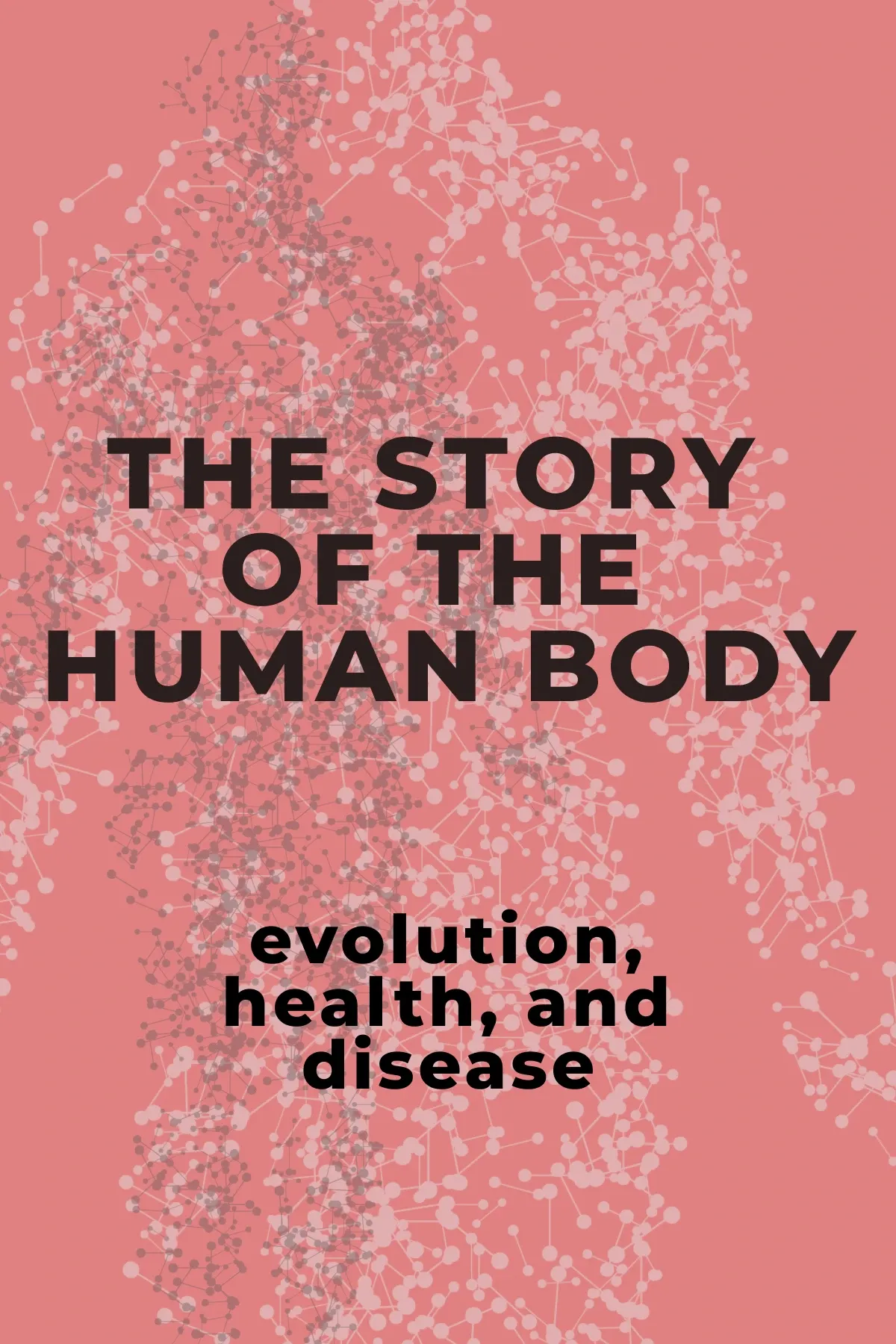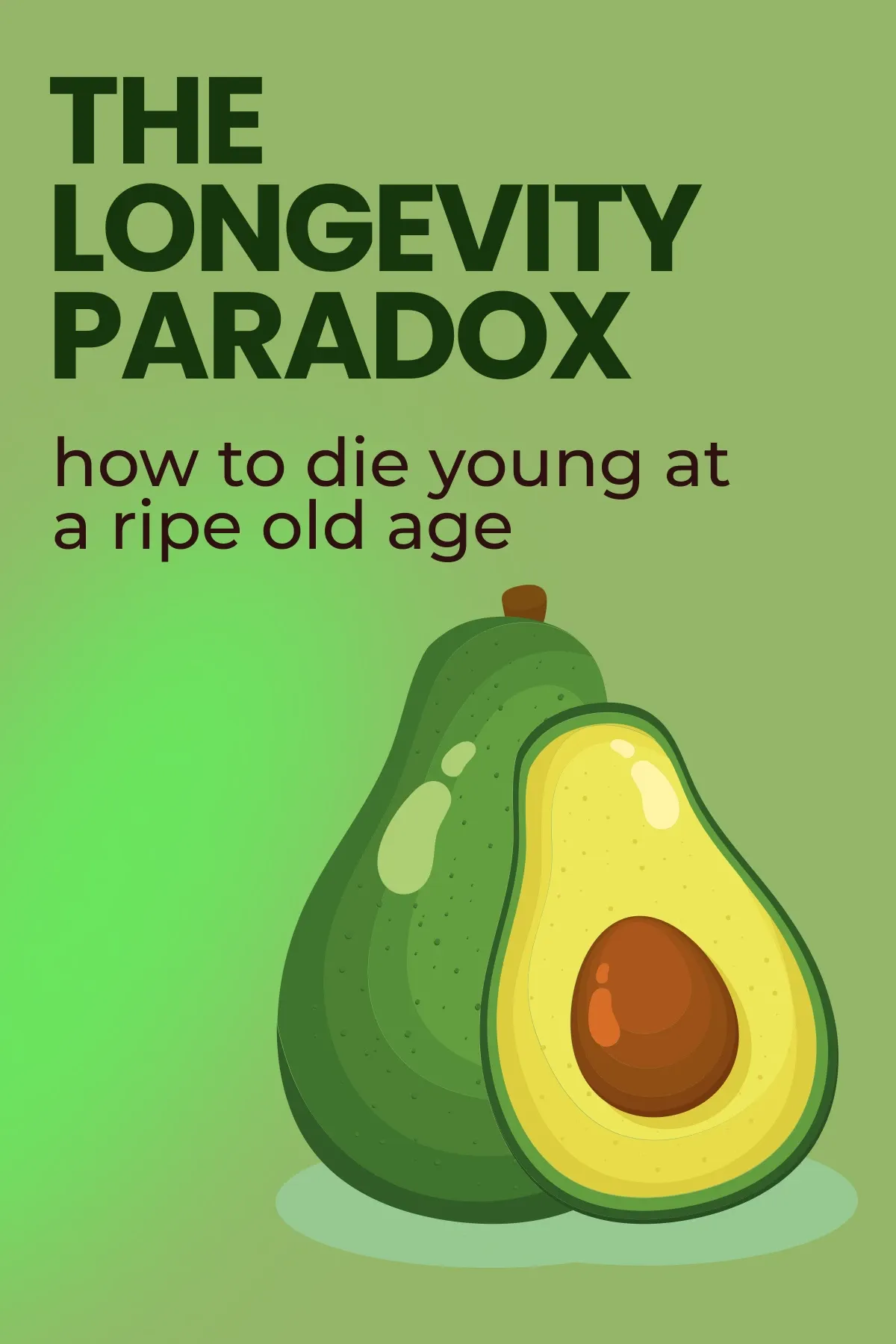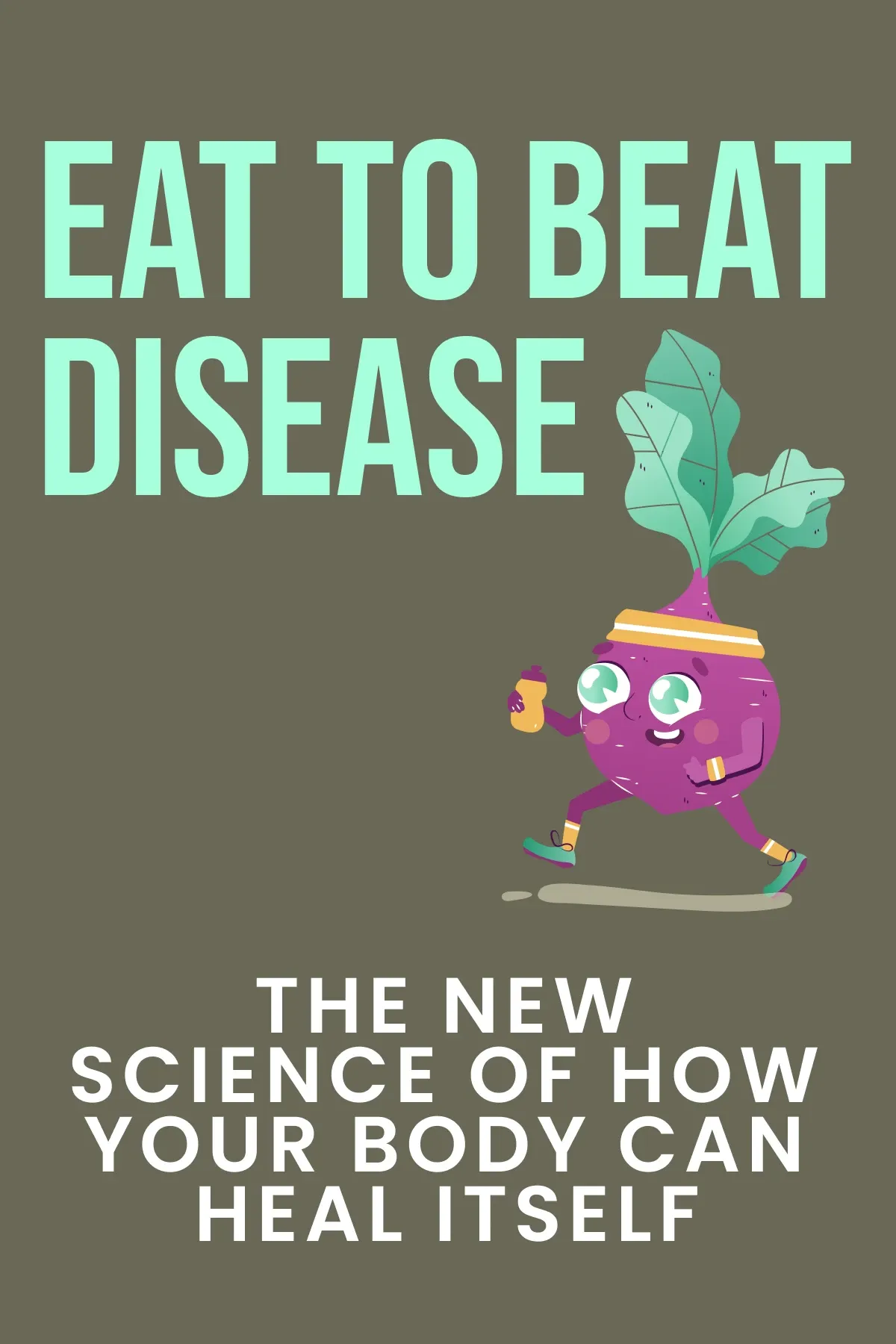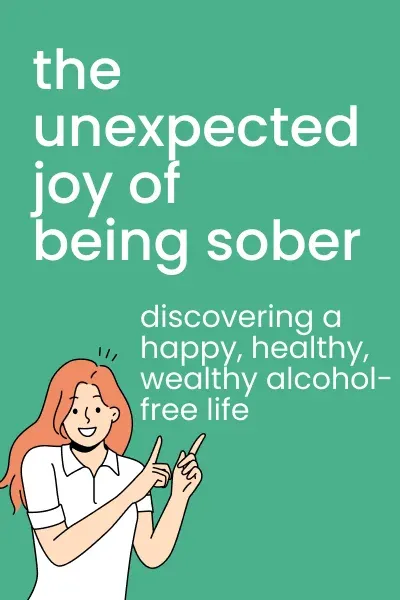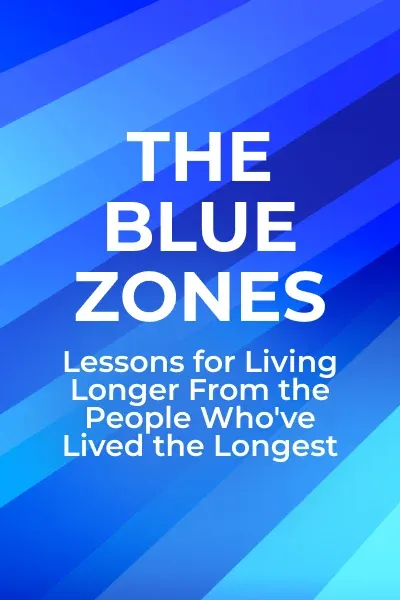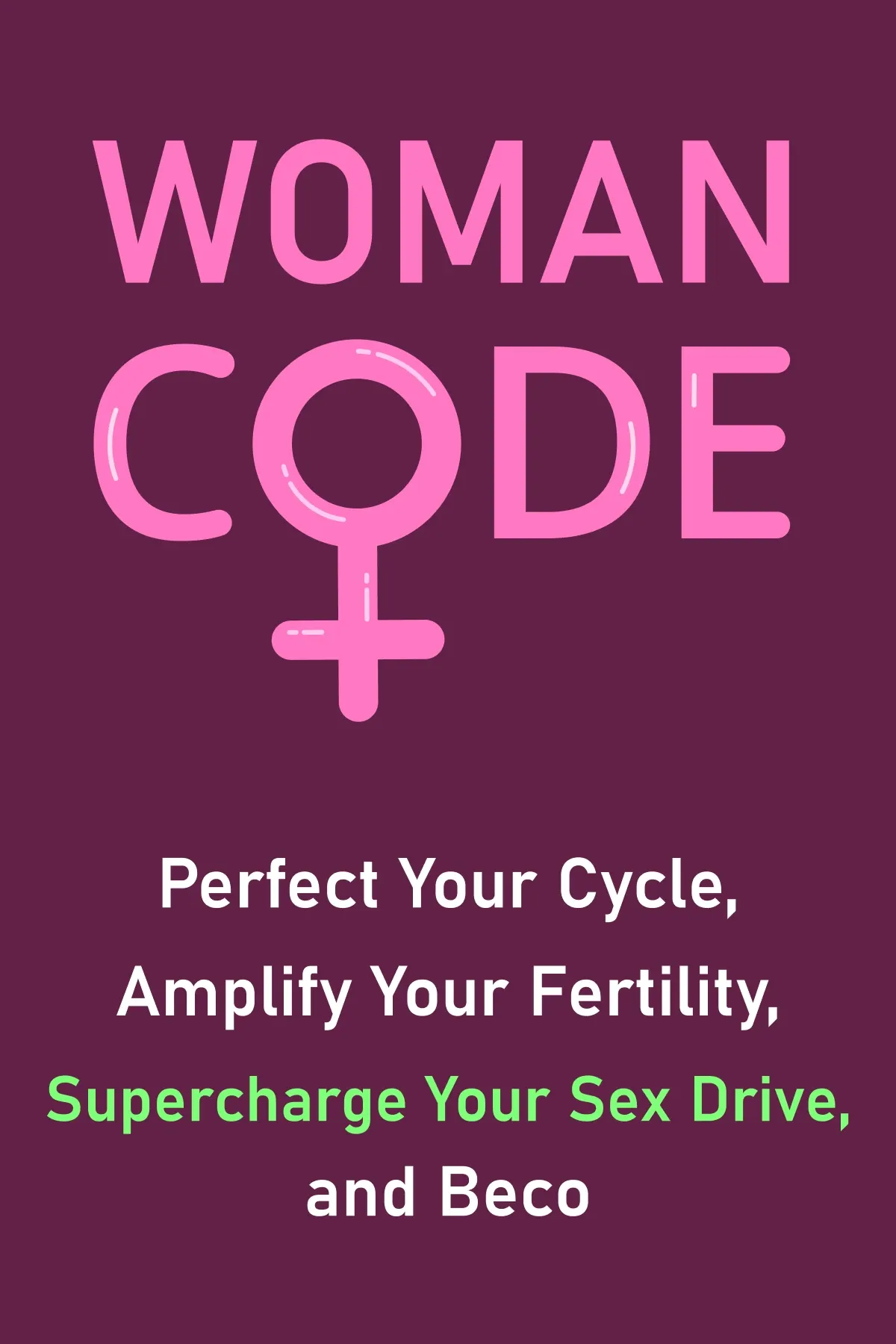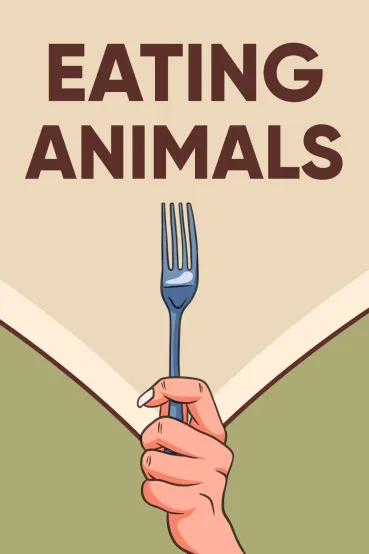
Eating Animals
Brief Summary
“Eating Animals” by Jonathan Safran Foer is an exploration of vegetarianism, farming practices, and our daily food choices. It's both a memoir and investigation, combining Foer's journey from carnivore to occasional vegetarian, the moral dimensions of food, and the origins of eating traditions. Is it ethical to consume certain animals while sparing others? You can find answers to this and many other questions about eating animals in this book.
Topics
Key points
Key idea 1 of 8
When Jonathan Foer was little, he often spent the weekend with his grandma, who had lived through World War II and nearly starved. So, when it came to her grandson, the only thing she really cared about was whether he ate enough. This had a significant effect on Foer and his relationship with food. He ate the meals she cooked because it made her happy, and at this point, not a single thought about vegetarianism and whether eating animals was a good or bad thing wandered his mind.
When Foer was nine, he had a babysitter who didn’t eat meat because she didn’t want to hurt animals. That was the first time in his life that he thought about where meat came from. And even though the babysitter’s intention wasn’t to convert anyone to vegetarianism, it profoundly affected him.
His vegetarianism lasted for a few years and then quietly died. Then, he was vegetarian on and off through high school and college but couldn’t seem to stick to it. Why? Ethically, he didn’t want to hurt animals, but the meat did taste quite good. It turned out that the commitments he made while lying in his bed at night were very different from the choices he made at breakfast the next morning.
One of the most important aspects of shaping habits is the stories we tell ourselves and others. The feeling that eating meat was wrong, which kept gnawing at Foer throughout his life, was strong but not strong enough to make him commit to vegetarianism. Remarkably, his wife’s story was very similar to his when it came to vegetarianism, so they continued their on-and-off lifestyle together. They made up forgiving stories about themselves when the guilt was intense, and that was it.
However, everything changed when Foer’s son was born. Just like any baby, his first desire out of the womb was the desire to eat. Foer realized that feeding his child was unlike feeding himself: it mattered more. The food he allowed his son to eat mattered, just like the stories that were served with the food. That’s when Foer got the desire to learn about how meat was produced—for himself and his family. Where did it come from, how were the animals treated, and what were the economic, environmental, and social effects of eating meat?
FAQ
You may also like these summaries


